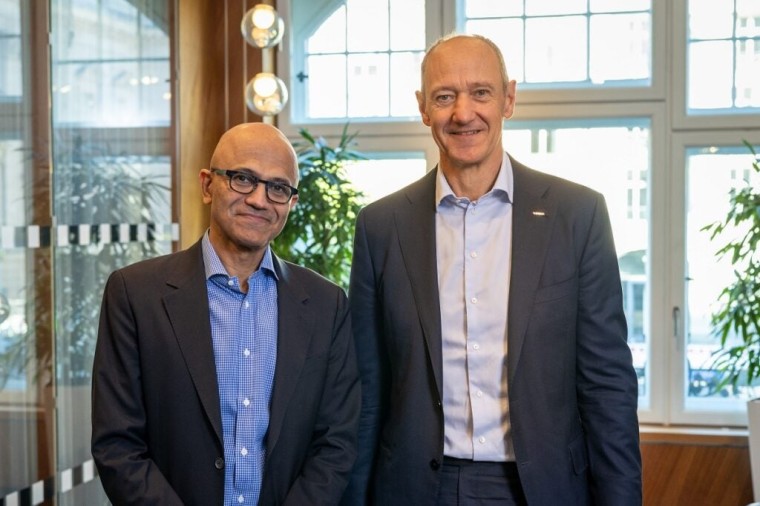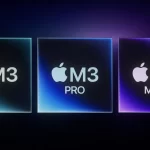Microsoft and Siemens have announced plans to deepen their partnership around generative artificial intelligence (AI) and its application in industries worldwide. In a move that promises to revolutionize human-machine collaboration, the companies are launching Siemens Industrial Copilot, an AI assistant jointly developed to improve productivity in manufacturing.
Siemens Industrial Copilot utilizes Microsoft’s Azure OpenAI service alongside Siemens’ industrial expertise and data from its Xcelerator platform. It allows to rapidly generate, optimize, and debug complex automation code through natural language interactions. The companies say this can shorten tasks that took weeks to minutes, such as simulation processes.
Siemens Industrial Copilot will allow users to rapidly generate, optimize and debug complex automation code and significantly shorten simulation times. This will reduce a task that previously took weeks to minutes.
The copilot promises a significant efficiency boost across the industrial lifecycle by assisting maintenance workers with repair instructions and engineers with rapid simulation access. Automaker Schaeffler Group will be among the first to adopt it to generate reliable robot programming code for their engineers.
In a statement, Satya Nadella, Chairman and CEO of Microsoft, said:
With this next generation of AI, we have a unique opportunity to accelerate innovation across the entire industrial sector. We’re building on our longstanding collaboration with Siemens and bringing together AI advances across the Microsoft Cloud with Siemens’ industrial domain expertise to empower both frontline and knowledge workers with new, AI-powered tools, starting with Siemens Industrial Copilot.
In addition, Siemens will integrate its Teamcenter product lifecycle management software with Microsoft Teams. The app uses generative AI to connect functions like frontline workers to engineering design teams virtually. It aims to make product data more accessible for the estimated millions of factory and service workers without product lifecycle management (PLM) access.
The companies envision various AI copilots supporting industries like manufacturing, infrastructure, transportation, and healthcare in the future.




